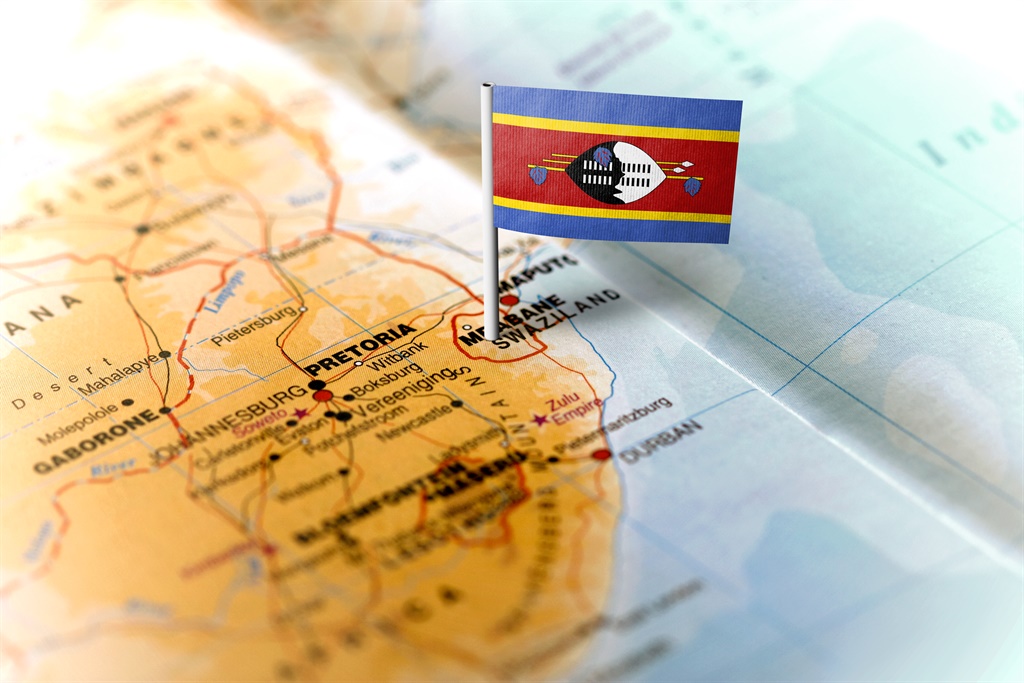‘You will always have the poor among you…” John 12:8. Just in case you are bewildered by this statement, it is an actual verse in the Bible. We can spend the whole day debating what Jesus meant with this scripture.
Did He mean for as long as we live we will never solve poverty? Or maybe living in equality is just a mental construct that will always remain elusive?
I don’t know; but these are the thoughts I keep mulling over as I think about the question of land access and ownership in the Kingdom of eSwatini (formerly known as Swaziland).
These thoughts have been triggered by a story I heard from a friend last night about Sibongile, a homeless widow from a rural village in eSwatini.
When Sibongile’s husband passed away in 2008, her in-laws told her to pack her clothes and leave her house – unless she was willing to let her late husband’s brother move in with her kungenwa (given to the husband’s brother after the husband’s death).
They claimed that the land her late husband had built her house on belonged only to those who carried their surname.
Her sin was that she had given birth to two girls – no son, no heir. She chose to move back to her parents’ house.
For 10 years she took care of them and even extended her father’s house, which she shared with them. Three months after her parents passed away in a car accident last year, her brother, who had vanished from the face of the Earth in the early 1990s, resurfaced.
With the help of the local chief, he managed to chase her away from her parents’ house.
Sounds familiar, right? It should because we all know a variation of this story. The details may vary, but the common denominator is gender inequality and injustice, and patriarchy.
This systematic denial of women’s rights to access, own, control or inherit land in rural eSwatini is entrenched in customary law, which governs most of the land in the rural areas.
This year marks the 20th anniversary since eSwatini began developing its National Land Policy, which has not yet been concluded.
The draft Land Bill has also been delayed, since 2013. It is very significant as, according to Amnesty International, it repeals 19 archaic pieces of legislation, the oldest of which dates back to 1904.
The absence of the Land Policy has hindered, among other matters, women’s access to land, land use and security of tenure.
Although the eSwatini Constitution, adopted in 2005, does a great job of promoting gender equality in land acquisition, in reality, women only have access to land in the rural areas through the male figures in their lives.
What renders women’s struggle for land access in rural eSwatini complicated is the dual nature of the legal system, which accommodates both customary and statutory legal provisions.
The structural inequality in eSwatini is also highlighted by Amnesty International in their report about the country’s latest crisis of forced evictions: “the human rights violation of forced evictions is rooted in eSwatini’s land governance system which fails to provide at least hundreds of people with a minimum degree of security of tenure”.
The government of eSwatini’s failure to put measures in place to fight inequality has led public policy research institution Brookings to declare eSwatini the most unequal country in the world.
One would think that such a negative and embarrassing status would make the powers that be expedite passing the Land Policy and Land Bill.
Or, better yet, one would hope that, knowing that of the 78% of the population that lives in rural eSwatini 63% is classified as poor would move government to close the gap between the haves and have-nots in the country. But alas, we can only hope.
So, what can you and I do in the meantime? Should we sit back and wait for the authorities to finish dragging their feet?
Should we accept the interpretation of John 12:8 which says we can never end poverty and inequality and therefore stop advocating the end of it? Or are we going to be inspired by the interpretation which says John 12:8 was actually a call to abolish poverty, with the poor taking the lead?
Whatever you decide, what I know for sure is that, as long as poverty, injustice and gross inequality persist in our world, as Nelson Mandela once said, none of us can truly rest.
So the onus rests on the people of eSwatini from grassroots level to every corner of the globe to continue making the call for the finalisation of the Land Policy and Land Bill in solidarity with disenfranchised women.
The newly elected members of Parliament in eSwatini must also make sure that they prioritise the much-awaited policy and bill.
Magongo is a researcher, student and human rights activist




 Publications
Publications
 Partners
Partners









